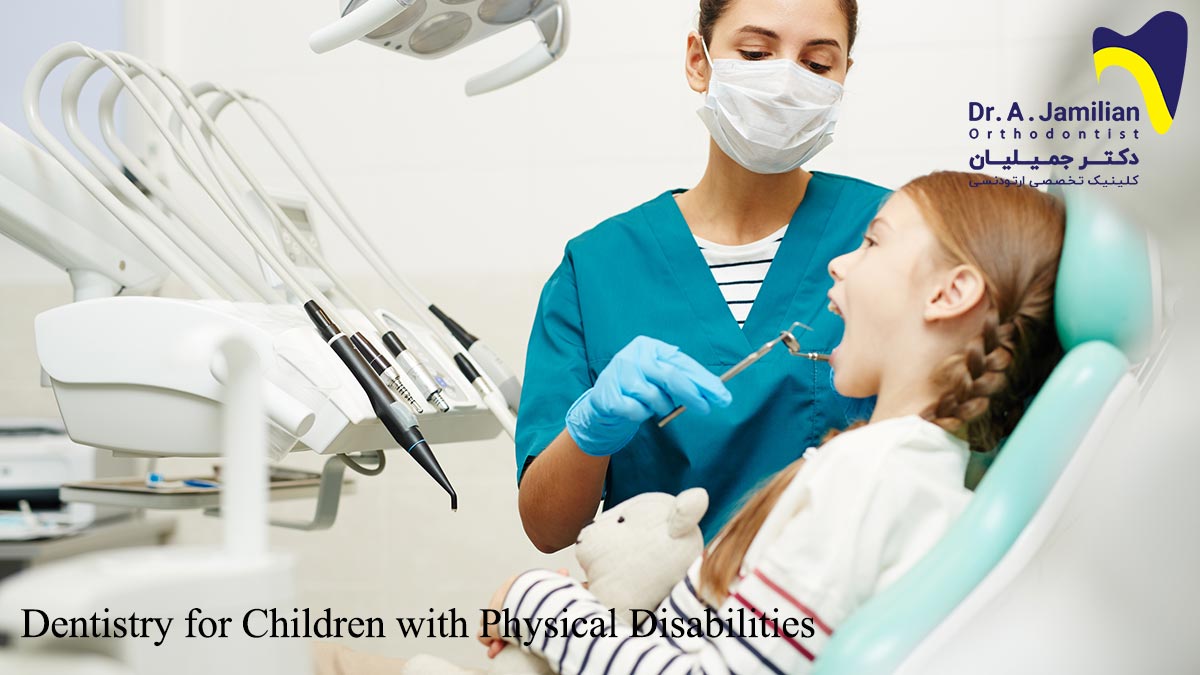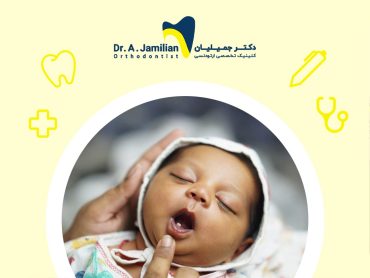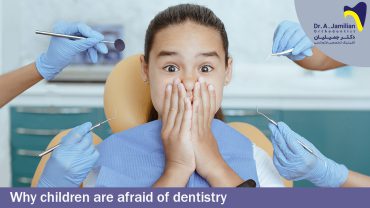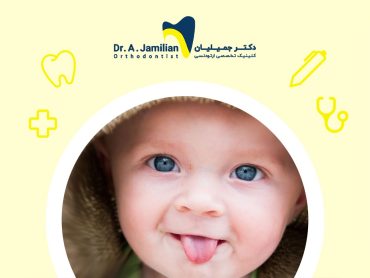Disabled children and adolescents seem to have poorer oral health than their normal peers. Low access to dental care, inadequate oral health, and inability related factors may increase the importance of mentally/physically disabled children.
Dentists should acquire exclusive specialty and complementary training for the treatment of children with mental/physical disabilities. Most general dentists do not treat mentally/physically disabled children; thus, their parents and caregivers may face numerous challenges finding a dentist for disabled children. Therefore, oral health is a critical necessity among mentally/physically disabled children.
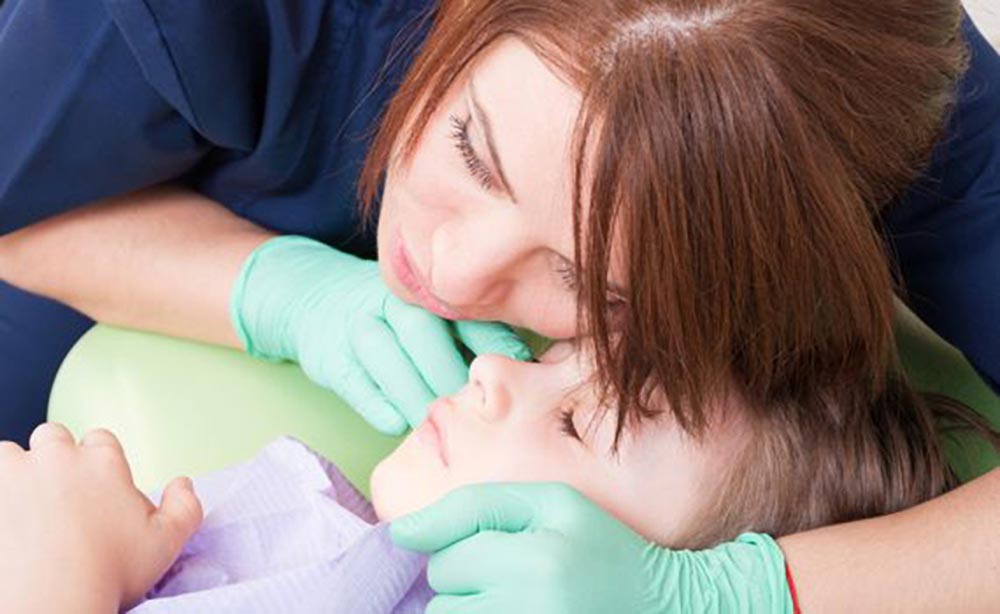
Visit of mentally/physically disabled children by the dentist
All segments of society should enjoy dentistry services. However, some people need special equipment or services during the provision of these cares. Physically disabled children may face some difficulties for surgery and even sitting on the dental chair. On the other hand, mentally disabled children may become anxious when visiting a dentist and need more assurance.
Children with severe mental/physical disorders may require more precautions and care. Expert dentistry teams consider all these cases for mentally/physically disabled children. For children with uncontrolled movements, the dentist should minimize the light and noise that can trigger the reflexes.
Difficulties of dentistry in mentally/physically disabled children
mentally/physically disabled children may result in tooth decay in these children:
- Difficult brushing and flossing (due to over-biting/reflux and impaired coordination)
- Behavioral problems lead to an unwillingness to eat.
- Dysphagia (difficulty swallowing) results in prolonged staying of the food in the mouth.
- Excessive grinding of teeth that destroys enamel.
- Sugar-rich medications or their saliva-reducing effects.
- Gastric reflux, which may cause tooth decay.
Dentistry for children with mental/physical disabilities FAQ
1-Which dentist is suitable for mentally/physically disabled children?
Pediatric dentists are the best in this regard and can satisfactorily address the dental needs of disabled children. These dentists are specially trained to care for patients and children with physical and mental disabilities. After graduation from the Dentistry School, pediatric dentists pass a 2-3-year course of specialized training in anxiety relief during dental visits.
2-What should the dentist know about mentally/physically disabled children?
The dentist should be aware of the patient’s medical history and all types of drugs used, including inhaled medicines. The dental team should also know the family physician, the hospital counselor, any recent surgery, and allergies. Awareness of the dentist of the patient’s worries or anxiety is also beneficial. The parent or caregiver can provide this information.
3-How does the dental treatment of disabled children begin?
Early dental procedures for these children are usually performed under sedation or general anesthesia because they quickly get bored and restless or may resist holding their mouths open for long periods. Parents or nurses of disabled children are advised to stay with the child in the dental office.
4-What measures can prevent tooth decay in disabled children?
Many products, such as flosses, fluoride-based mouthwashes, and toothbrushes, can help prevent tooth decay and gum disease in mentally/physically disabled children. Monitor your children when brushing and flossing, and make sure they do not swallow toothpaste after brushing and spit it out. Fluoride-containing toothpaste is helpful for the prevention of caries and other dental problems.
5-What services do dentistry of mentally/physically disabled children include?
Dentistry of mentally/physically disabled children usually includes orthodontics and gum modification, restoring decayed teeth, and other dental services.
6-When is the best time of the day for disabled children to be visited by the dentist?
Some patients prefer to be examined at certain times of the day, depending on their needs. For example, night appointments are not proper for quickly tiring patients or those who may worry during the day. Some patients have unique needs and may require a companion.
